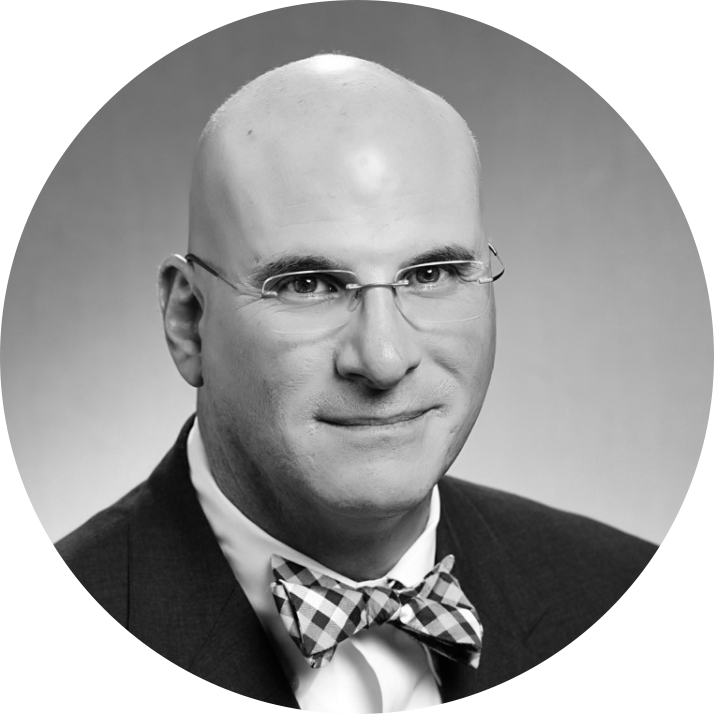
June 2024 Impact Brief
Happy Pride! As we celebrate and uplift the LGBTQIA+ community this June, it is important remember that Pride Month began as a protest, and despite significant progress, LGBTQIA+ individuals continue to face significant health disparities driven by social stigma, discrimination, and inequities. LGBTQIA+ individuals may experience discrimination in housing, employment, and business services, which exacerbates health and well-being challenges, and can affect mental health.
It’s imperative this month we also take time to reflect on ways we can proactively support the community and continue to advance LGBTQIA+ rights and health equity.
We are troubled to note that in 2024, like the past few years, there has been a record number of anti-LGBTQIA+ bills introduced in state legislatures. As of as of May 31, the ACLU is tracking more than 500 anti-LGBTQ+ bills in the U.S.
Yet we are also cautiously hopeful as significantly fewer bills have passed this year compared to 2022 and 2023; nonetheless, these bills, whether they pass or not, continue to harm the physical and mental health of LGBTQIA+ individuals. A 2023 Human Rights Campaign (HRC) study found that eight in 10 (79.1%) LGBTQ+ adults reported that gender-affirming care bans make them feel less safe, as do more than nine in 10 (94.0%) transgender and non-binary adults.
A statement from HRC noted:
The threat or passage of these new laws and policies has resulted in chaos across the country, creating millions of individual moments of crisis: families forced to leave their homes and move across state lines, students and educators harassed in schools and banned from accessing books and other educational materials, large swaths of the country without access to best practice, medically necessary health care, and a surge in violence against LGBTQ+ people, especially Black trans women.
The LGBTQIA+ community faces a number of health inequities due to discrimination because of their sexual orientation or gender identity. Many have experienced discrimination from health professionals and/or in healthcare settings, and more than one in six LGBTQIA+ adults reported avoiding or postponing needed healthcare and preventive screenings due to anticipated discrimination, including nearly one in four transgender adults.
Social stigma and discrimination also result in LGBTQIA+ individuals having higher rates of depression and anxiety as well as substance use disorders. LGBTQIA+ youth especially experience greater risk for mental health conditions and suicidality.
The combined impact of anti-LGBTQIA+ legislation and the history of discrimination in healthcare settings may lead to even more individuals delaying or avoiding healthcare services—or potentially being denied care. According to the Movement Advancement Project, more than one in eight LGBTQIA+ people now live in states where doctors, nurses and other healthcare professionals can legally refuse to treat them.
Read our previous statements about gaps to accessible healthcare the LGBTQIA+ community:
- Anti-LGBTQ Legislation Will Widen the Gaps in Health Outcomes and Accessibility to Care
- NACDD Acknowledges National LGBT Health Awareness Week and Gaps to Accessible Healthcare
Some good news:
NACDD applauds the Biden administration for reinstating federal protections for LGBTQ+ people seeking healthcare in April. Under sweeping rules, government health officials, organizations receiving federal health funding, and health insurers that do business through government plans must abide by the nondiscrimination standards.
We are encouraged that 10 states have passed 27 pro-equality laws so far this year, according to the HRC.
In addition, the Human Rights Campaign’s Healthcare Equality Index (HEI) 2024 had a record number of participants—more than1,065 U.S. healthcare facilities took this survey that measures LGBTQ+ inclusive policies and practices. The report found that overall, healthcare facilities nationwide are making significant strides in LGBTQ+ patient-centered care, implementing best practices, and staff training.
NACDD remains committed to improving health equity among all oppressed and underserved communities, including the LGBTQIA+ community. The disparities faced by the LGBTQIA+ community underscore the urgent need for culturally relevant services and support across the healthcare continuum.
NACDD’s Enhancing Cancer Program Grantee Capacity Through Peer-to-Peer Learning project had an excellent series on Strengthening Cancer Health Equity in LGBTQ+ Communities, which I encourage you to check out.
As we recognize and celebrate Pride Month, let’s commit to fostering an inclusive and supportive environment for all. By acknowledging and celebrating Pride, we affirm the inherent worth and dignity of every individual, regardless of their sexual orientation, gender identity, or expression. It’s a time to uplift and support one another, championing love, acceptance, and inclusivity in all its forms.
More resources:
- Library of Congress LGBTQ Pride Month
- Health Professionals Advancing LGBTQ Equality https://www.glma.org
- Healthcare Equality Index: An annual survey by the Human Rights Campaign on healthcare inclusiveness for LGBTQ patients, visitors, and employees. https://www.hrc.org/resources/healthcare-equality-index
- NAMI: Provides information about LGBTQ mental health https://www.nami.org/your-journey/identity-and-cultural-dimensions/lgbtq
- PFLAG: Focuses on support, information, and resources for LGBTQ individuals, their families, and allies. https://pflag.org/
- The Trevor Project: Offers information and support to LGBTQ young people https://www.thetrevorproject.org/
- American Psychological Association: Provides educational and support resources on a range of LGBTQ topics, including practitioner guidance. https://www.apa.org/pi/lgbt/resources/practitioner
